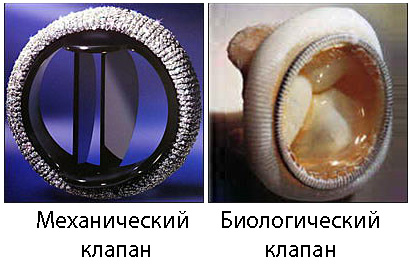Mechanical heart valves are more reliable than biological: Swedish scientists research results

Swedish scientists from the Karolinska Institute found that mechanical heart valves are more reliable than biological ones. An article by Swedish scientists with research results has already been published in the European Heart Journal, and the study itself may be important, as prosthetics of heart valves in recent years has become an increasingly popular surgical operation. In this case, biological valves are most often used.
What kind of valve should be used in operations for relatively young patients, mechanical or biological? This issue has been actively discussed by doctors and scientists over the past few years. To answer the question, experts conducted a survey4,500 Swedish patients with artificial aortic valve. The age group of patients is 50-69 years.
As it turned out, patients with a mechanical valve have better statistics on deaths (i.e., more patients survive and continue to live) than patients who have a biological prosthesis. However, in Sweden and around the world over the past few years, it is biological valve prostheses that have become very popular. With mechanical prostheses, popularity is much lower.

Is a mechanical heart valve more reliable? It seems like so
In addition to the death rate in patients with artificial valves, scientists checked other statistics. As it turned out, patients with biological prostheses underwent repeated operations to replace the aortic valve, although the risk of bleeding in this category of patients is lower.
Every year, around 280,000 patients perform heart valve replacement surgery worldwide. Mechanical prostheses are more durable and last longer, but patients need special medications that they have to take for the rest of their lives. Biological prostheses are usually made from the tissues of cows or pigs.
“Biological valves are more in demand, since patients with such valves do not have to take special drugs to dilute blood throughout their lives. However, our findings suggest that mechanical valve prostheses should be used more often by younger patients, ”said Natalie Glaser, a spokeswoman for the research team.
